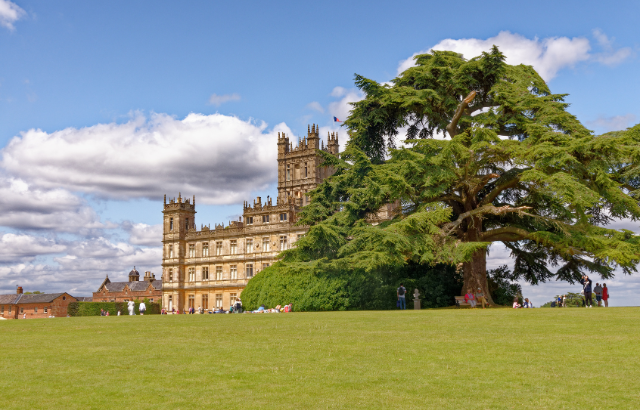Unique research programme investigates how arts-based methods can support the NHS staff during Covid-19
The project will support those working in health to meet the challenges of wearing Personal Protective Equipment (PPE), and adapting to digital consultations and meetings.

A doctor wearing a protective face mask
Researchers at Queen Mary University of London are collaborating in a multidisciplinary partnership to help the NHS workforce meet the current communication challenges of Covid-19.
A multi-partnership collaboration
The research programme, Communicating through Covid: Supporting Healthcare Professionals’ Non-verbal Communication through Arts-based Education, brings together arts organisations, NHS trusts, and academia. It is a collaboration between Performing Medicine, specialists in arts-based professional development and healthcare education and Queen Mary University of London
Funded by the Arts and Humanities Research Council (AHRC) as part of the UK Research and Innovation rapid response to Covid-19, the research includes Queen Mary’s People’s Palace Projects, and Barts and The London School of Medicine and Dentistry and the University’s Department of Drama.
The research will generate evidence concerning challenges facing healthcare professionals and the efficacy of arts-based approaches in supporting them during the pandemic, enabling the development of methodologies that can be scaled alongside a series of resources to promote best practice, which can be widely shared across the UK.
Supporting the NHS
The 18-month research programme will harness ideas and techniques employed by world-class artists, actors, musicians, choreographers, and voice coaches to design training and support to help the NHS workforce meet the current communication challenges of Covid-19.
Through a series of interviews with healthcare professionals and medical students, the project will investigate the impact of Covid-19 on the verbal and non-verbal communication with their colleagues and patients. New courses and resources will be co-designed based on the findings that emerge. Professor Suzy Willson, Director at Performing Medicine, an initiative founded by charity Clod Ensemble is the Principal Investigator on the project.
Professor Paul Heritage, Co-Investigator and People's Palace Projects Arts Director, said: “All over the world people are coming to understand the important role that the arts must play in responding to this pandemic.
“The work that Suzy Willson, the Clod Ensemble and Performing Medicine team do to support frontline healthcare professionals and patients has never been more vital, and the exchange of knowledge and ideas with People's Palace Projects will enrich Covid-19 arts-based projects that we are undertaking in Argentina, Brazil, Colombia, Peru and the United Kingdom.”
Overcoming challenges
Professor Suzy Willson said: “The need to wear PPE, to socially distance, and the move to digital consultation has presented new challenges to health workers - many of whom are experiencing feelings of isolation and separation, or finding it difficult to attend to their own needs at this time.
“The project, built on near 20 years of my work with Performing Medicine, will harness ideas and techniques employed by artists, actors, choreographers, voice coaches to develop courses and resources to help healthcare workers meet these current challenges.”
Professor Graham Easton, Co-Investigator at Barts and Queen Mary, said: “This project should make a real difference to health professionals’ communication and well-being during Covid. It’s especially exciting to be combining insights and ideas from both medicine and the arts and humanities – it’s so often these interdisciplinary collaborations that deliver genuine innovation.”
Other organisations involved in the research programme include Clod Ensemble, University College London Hospitals NHS Foundation Trust, and Swansea Bay University Health Board.
More information
- Find out more about People’s Palace Projects at Queen Mary
- Learn more about Clod Ensemble.
Related items

25 October 2024

1 October 2024
For media information, contact:
